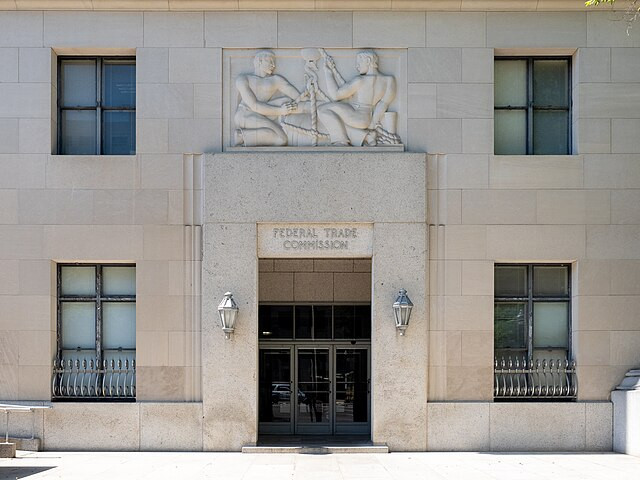A federal judge in Texas has blocked the Biden administration's ban on noncompete agreements, a move that had been heralded as a major victory for workers' rights. The ruling, handed down by U.S. District Judge Ada Brown, halts the Federal Trade Commission (FTC) from implementing its nationwide prohibition on noncompete clauses, which was slated to take effect on September 4, 2024. This decision underscores the ongoing debate over the reach of federal regulatory agencies and their authority to enact broad business regulations.
Judge Brown's ruling criticized the FTC for overstepping its authority, stating that the agency lacked the statutory power to enforce such a sweeping ban on noncompete agreements. "The Court concludes that the FTC lacks statutory authority to promulgate the Non-Compete Rule, and that the Rule is arbitrary and capricious," Brown wrote in her decision. She further argued that the commission failed to provide sufficient evidence to justify a blanket prohibition on noncompetes, which are commonly used in various industries to protect trade secrets and other proprietary information.
The FTC, led by a Democratic majority, had approved the ban in a 3-2 vote in May, arguing that noncompete agreements stifle competition, suppress wages, and limit workers' mobility. According to the commission, approximately 30 million U.S. workers, or 20% of the workforce, are bound by such agreements, which they contend are often imposed on employees without proper justification.
Victoria Graham, a spokesperson for the FTC, expressed the agency's disappointment with the ruling and hinted at the possibility of an appeal. "Today's decision does not prevent the FTC from addressing noncompetes through case-by-case enforcement actions," Graham said in a statement. The White House also weighed in, with Press Secretary Karine Jean-Pierre lamenting the court's decision, describing it as a victory for special interests and big corporations at the expense of American workers. "The Biden-Harris Administration will keep fighting to empower workers to choose where they work, to start a business, and to get the pay they deserve," Jean-Pierre added.
On the other side of the legal battle, the U.S. Chamber of Commerce, which had filed the lawsuit challenging the FTC's rule, celebrated the court's decision. Suzanne Clark, President and CEO of the Chamber, called the ruling "a significant win in the Chamber's fight against government micromanagement of business decisions." Clark argued that the ban represented an unlawful overreach by the FTC, one that would have placed American businesses and workers at a competitive disadvantage.
The legal dispute over the noncompete ban is part of a broader conversation about the balance of power between federal agencies and the courts. The FTC has historically regulated specific industries, such as telemarketing and gas stations, through targeted rules. However, its attempt to impose a nationwide ban on noncompete agreements marked a rare move to regulate a widespread business practice across multiple sectors. Critics argue that such actions go beyond the FTC's intended authority and could set a dangerous precedent for federal overreach.
Adding to the complexity of the situation, legal opinions on the validity of the FTC's rule have been divided. Last week, a federal judge in Florida ruled that the ban was likely invalid, blocking its application to a real estate developer. Conversely, a judge in Philadelphia upheld the FTC's position in a separate case in July, finding that the commission had reasonably concluded that noncompetes are almost never justified.






